The concept of a mini steel mill is revolutionizing the steel industry by offering a compact, efficient, and cost-effective solution for steel production. Unlike traditional large-scale operations, a mini steel mill is designed to perform all the functions of steelmaking within a smaller footprint, catering to the needs of local markets and specific industry requirements. These mills harness advanced mini mill technology to melt, cast, and roll steel products, often specializing in the production of long steel products like rebar and structural shapes.
Types and Characteristics of Mini Steel Mills
Mini steel mills are not a one-size-fits-all solution. They vary significantly in their capabilities and characteristics. Some mills, like the small CNC mill for steel, are geared towards precision and small-scale production, ideal for specialized parts or boutique operations. On the other hand, mini metal CNC milling machines offer more versatility, capable of handling various metals with intricate designs. The mini steel plants can range from basic units focusing on melting and simple shaping to more complex facilities that include advanced refining and alloying capabilities. Each type of mill is designed with specific production goals in mind, ensuring that there is a suitable option for every business need in the steel industry.
Structure and Operation of Mini Steel Mills
The physical structure of a mini steel mill is a marvel of modern engineering. At its core, the mill consists of an Electric Arc Furnace (EAF) where scrap metal is melted using high-powered electric arcs. From the EAF, the molten steel is transferred to a caster where it takes on its initial shape. Subsequent rolling mills further refine these shapes into the final products. The operation of these components is a symphony of precision, with each part playing a critical role in transforming raw scrap into market-ready steel. The efficiency of a mini steel mill lies in its ability to synchronize these components seamlessly, often using automated systems to ensure consistency and quality.
Materials and Their Properties
The materials used in a mini steel mill are predominantly recycled steel and iron. These materials are chosen for their abundance and recyclability, which contribute to the sustainability of the mill. The properties of the steel produced—such as tensile strength, ductility, and corrosion resistance—are carefully controlled through the addition of alloys and the precise regulation of temperature and chemistry during the melting process. This meticulous attention to the properties of the materials ensures that the steel produced meets the stringent requirements of various applications.
Business Usages and Applications
Mini steel mills have a broad range of business applications. In building material shops, they provide the necessary steel for structural components. Machinery repair shops benefit from the quick production of replacement parts. Manufacturing plants utilize the steel in everything from machinery to consumer goods. In the construction industry, the rapid production of rebar and beams helps keep projects on schedule. These mills create business value by enabling companies to respond quickly to market demands and reduce reliance on distant suppliers, thereby saving on transportation costs and reducing lead times.
Functions and Tasks
A mini steel mill is designed to perform several key functions in the steel production process. It melts down scrap metal, refines it to the desired chemical composition, casts it into rough shapes, and then rolls it into finished products. These tasks are accomplished with remarkable efficiency, allowing the mill to quickly adapt production runs to meet the changing needs of the market. The ability to perform these tasks on a smaller scale also allows for more specialized production, giving businesses the flexibility to produce niche products.
Features and Unique Selling Points
The distinct characteristics of mini steel mills, such as their reduced footprint and the use of electric arc furnace technology, set them apart from traditional steel production methods. The us steel mini mill is particularly notable for its innovative approach to steelmaking, which includes the use of renewable energy sources and advanced automation systems. These unique selling points not only make the mini steel mill an attractive investment but also align with the growing demand for sustainable and efficient manufacturing practices.
Benefits and Positive Outcomes
The benefits of a mini steel mill are manifold. They provide a cost-effective solution for steel production, reduce the environmental impact by recycling scrap metal, and offer a high degree of flexibility in production. For businesses, this translates to lower overhead costs, a smaller carbon footprint, and the ability to quickly adjust to market trends. For the end-user, it means access to high-quality steel products produced in a responsible and efficient manner.
How to Use and Operate Effectively
Operating a mini steel mill effectively requires a deep understanding of the steelmaking process and the specific machinery involved. Operators must be trained to handle the complex systems, from the EAF to the rolling mills. Regular monitoring and adjustments are necessary to maintain the quality of the steel produced. Choosing the right model involves assessing production needs, available space, and the types of products to be made. Cleaning and maintenance are critical, with regular schedules to be followed to ensure the longevity and efficiency of the mill's components.
How to Choose the Right Mini Steel Mill?
Choosing the right mini steel mill involves considering factors such as production capacity, types of products to be made, and the availability of raw materials. It is also essential to assess the local service locations and the support available for the machinery. For instance, a ssab mini mill may offer different features compared to other mills, so it's crucial to align the mill's capabilities with your business needs.
How to Clean a Mini Steel Mill?
Cleaning a mini steel mill is a critical part of its maintenance routine. It involves the removal of steel dust, debris, and other contaminants that could affect the quality of the steel produced. Proper cleaning ensures the longevity of the mill's components and the consistency of its output.
How to Ensure Quality in Steel Production?
Ensuring quality in steel production within a mini steel mill requires strict adherence to industry standards and quality control measures. This includes regular testing of the steel products for strength and durability, as well as monitoring the production process to detect any deviations from the desired outcomes. By doing so, mills can guarantee that the steel products meet the requirements of their clients and the demands of the market.
Discover the potential of a mini steel mill for your business on Alibaba.com, where you can connect with suppliers offering the latest in steel mill technology and services.
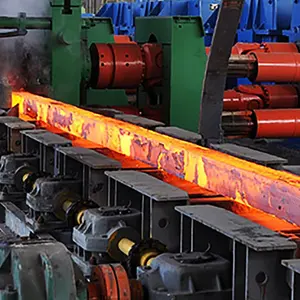



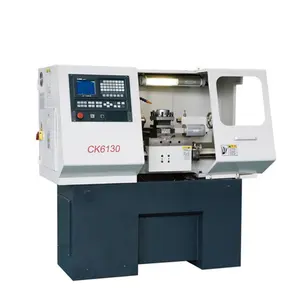

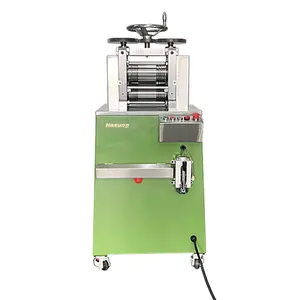











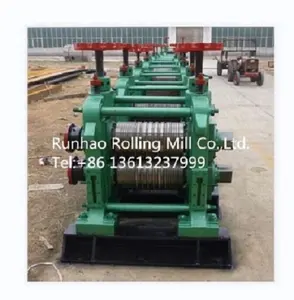


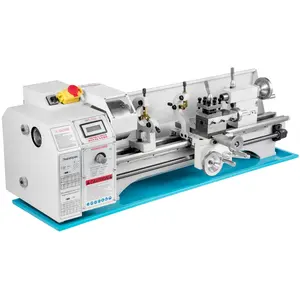
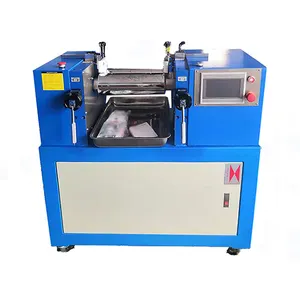

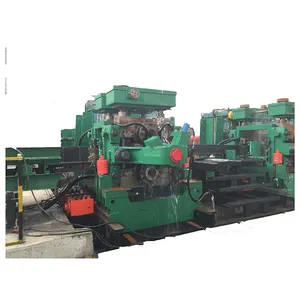























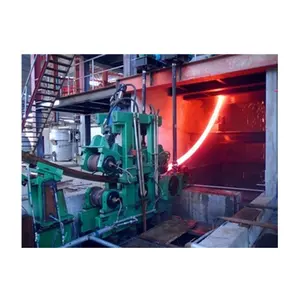



























 浙公网安备 33010002000092号
浙公网安备 33010002000092号 浙B2-20120091-4
浙B2-20120091-4